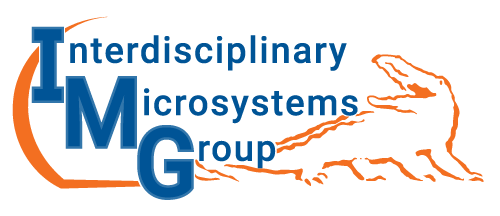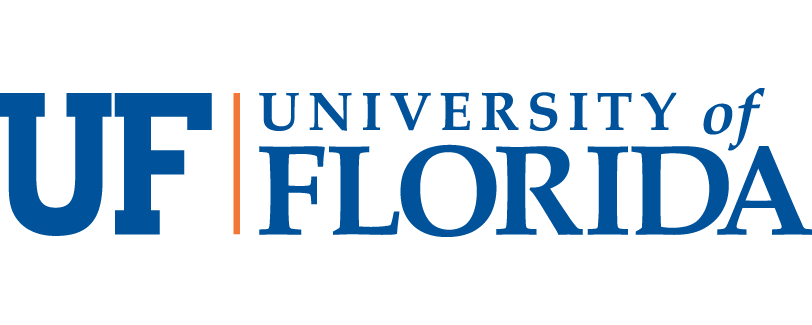IMG Seminar: Transonic Flow over a Turret; Microfluidic Device for Second Hand Smoke Detection
Submitted by Shancy Augustine on Thu, 07/07/2011 - 8:02pmAt this week's IMG seminar, Benjamin George will give a talk to outline the initial steps in using flow control to improve the aero-optic performance of flow behind a three dimensional turret. Kiri Hamaker will speak on the topic of detection of nicotine metabolites for second hand smoke using micellar electrokinetic chromatography.

